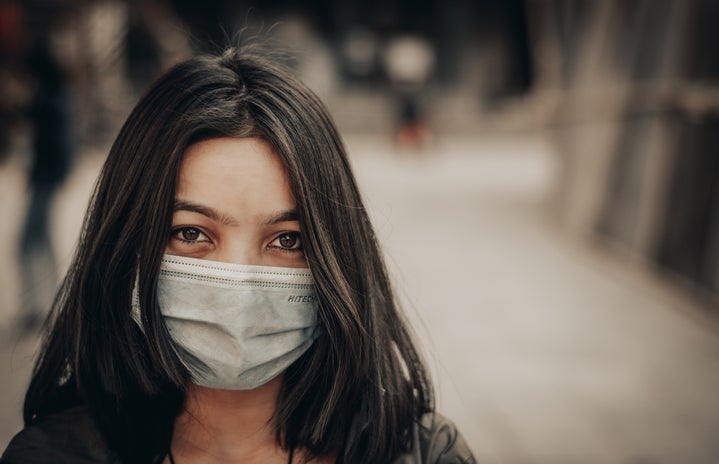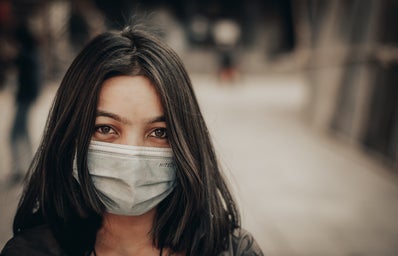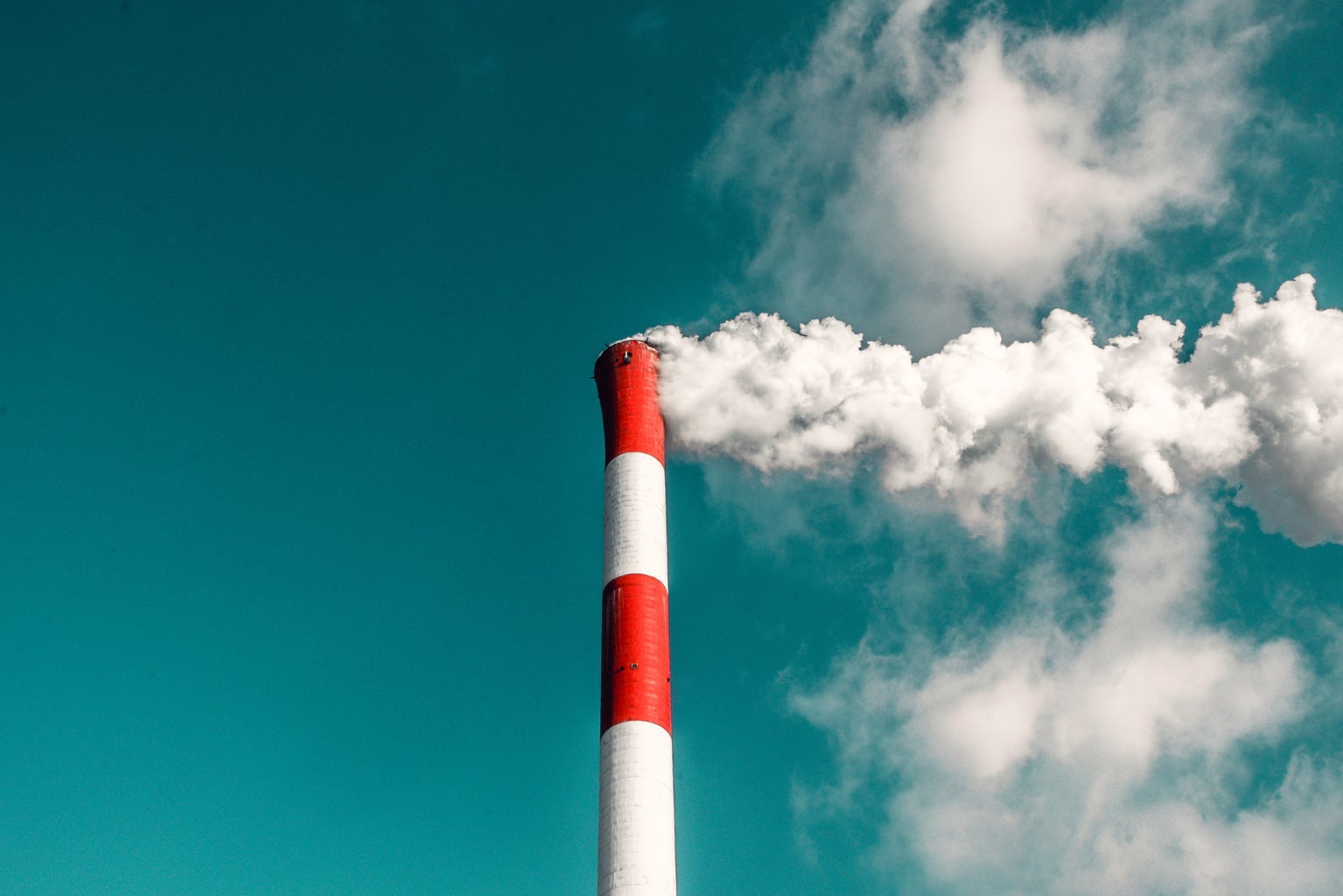From choking breaths to ignored solutions: Understanding the cost of air pollution on health, livelihoods, and hope for a cleaner future
When breath becomes air and air becomes poison:
I am a student at the University of Delhi; every morning I wake up, there’s always this headline staring back at me screaming “AQI hits 494: one of the worst pollution episodes”. The Irony is when I find something like: “Delhi AQI improves from ‘severe’ to ‘very poor’”. Berkley Earth describes breathing in this location as equivalent to smoking 6 cigarettes a day.
The situation as it is has caused the Delhi government to shift all educational institutions to conduct classes and lectures online. I find myself at a loss for any glee that should accompany this metamorphosis of classes from offline to online due to “severe” weather conditions. I can’t be sure if there is anything at all to be happy or feel safe about. The weather is worsening and we witness the smog engulfing our surroundings and it might be engulfing some of us as well.
This is not the case only in the capital city or other metro cities; it is now largely a concern for all urban-rural residents alike. Everyday newspapers and the electronic media tell of a long enumeration as to what this air can do to our beloved lungs: I was counting the number of diseases I can (almost) die from at the intake of one deep breath. Asthmatic people struggle hard to breathe, sensitive throats find it hard to use their vocals, young eyes see it all blurred for them, and bronchitis, influenza, acute bronchitis, pneumonia etc. According to a report on Medical Certification of Cause of Deaths in Delhi, 2023, over the past 18 years, there has been a vaping surge in deaths due to respiratory diseases from 4.91% in 2005 to 9.93% in 2023. It makes me pensive to think about the future of our existence and for the generations to come.
For how long can staying indoors be a solution? And is it a solution for everyone, however temporary it is? People working at field sites, unable to afford to sit at home for even a single day for the fear of losing wages is way greater than losing a life for them; does anyone among the “elites” ever consider the health hazards to them? Doctors, other medical professionals and field workers can really not sit at home in response, can they? Shifting work and educational institutions to online platforms is nothing but a temporary and utterly inefficient solution to the bigger issue that lies behind the worsening smog conditions. Standing behind international platforms isn’t gonna reduce illegal emissions at the grassroots levels in our country.
Whenever I stroll out for a walk, I notice the rushing flow of red-yellow car lights from a distance. All of the cars have only a person or two sitting inside and I cannot help but wonder the futility of the numerically increasing GRAP stages that the Delhi government implements every year. People simply don’t seem to be complying with any of the measures that are the crucial call of the hour. Taking public transport like buses and metro is the least I think people can do in an efficiently mobile metro city like Delhi. Industrial activities need to be kept a check on, people should shift to greener and more sustainable lifestyles, and most of all it’s high time for the authorities to stop the blame game and take stricter, firmer actions to authenticate the dubious claims of their best “efforts”.
It’s been a while since I saw an afternoon here: these times it’s just a morning soaked in throat-scorching smog; the fantastical image of drawing aside the curtains from the window and breathing in the “fresh’’ morning zephyr is distorted for now. The sun never comes up or isn’t allowed to anymore. It makes me uneasy to think about it but we cannot ignore the facts forever. Not only authorities but people too as a community need to stand up and speak up. Smaller steps, when collectively taken by a large mass of people, can bring about fruitful changes.
For a very long time now, environmental activists have lived a life that is looked down upon and mocked as if this is not something worth coming out on the streets. Negligence to such an extent pains me but what pains me even more is that I, myself, am not going to do anything but write about it in this article and the readers who are going to read it; and return to the brooding as we all enter to the stage 2 of winters: the Daunting December.



